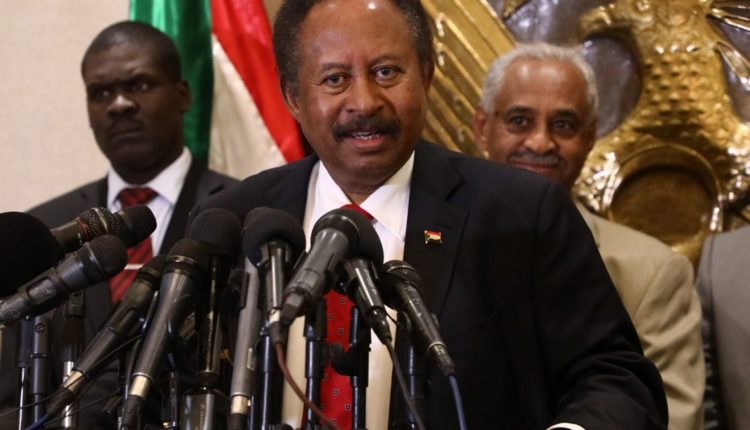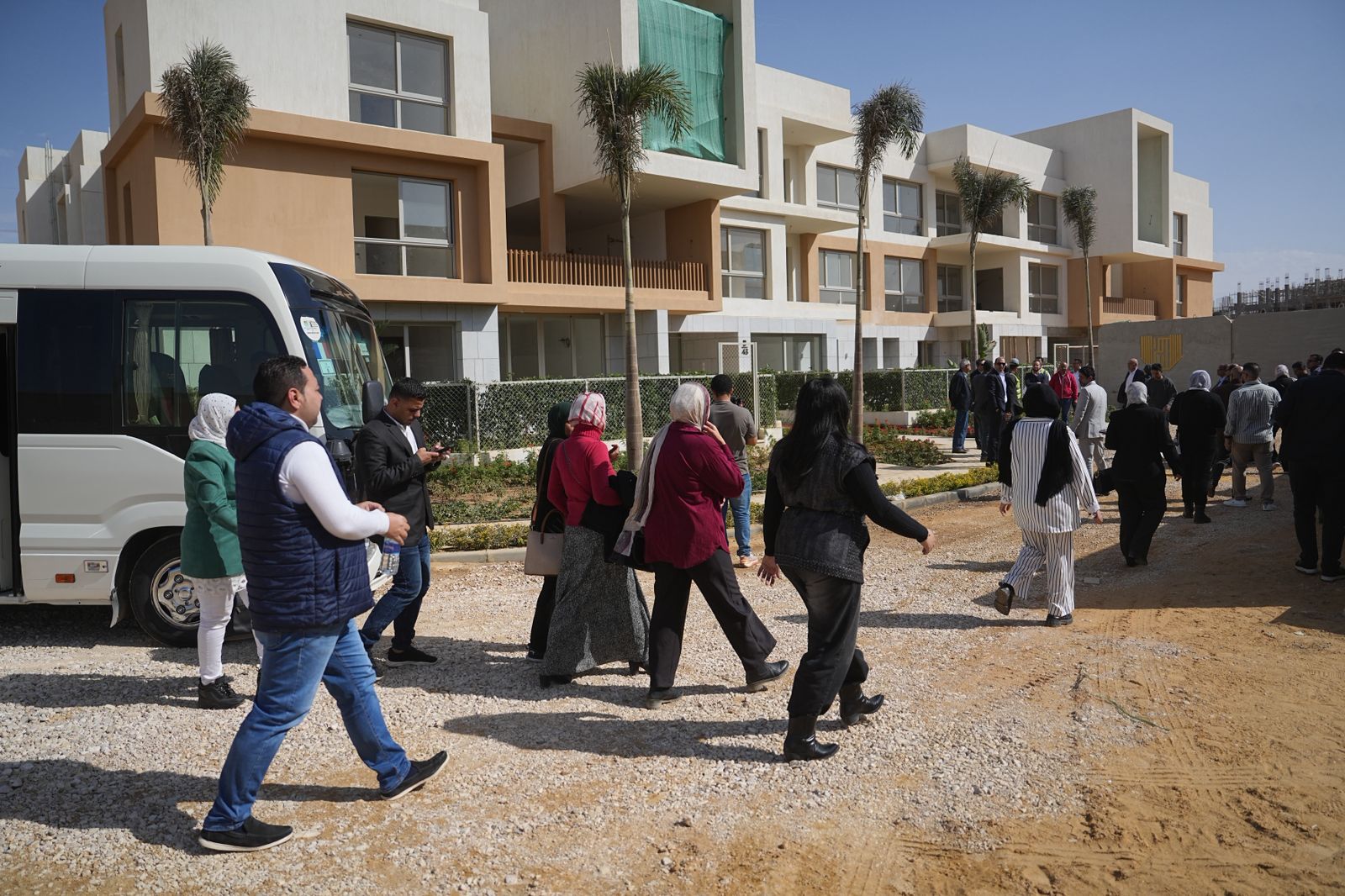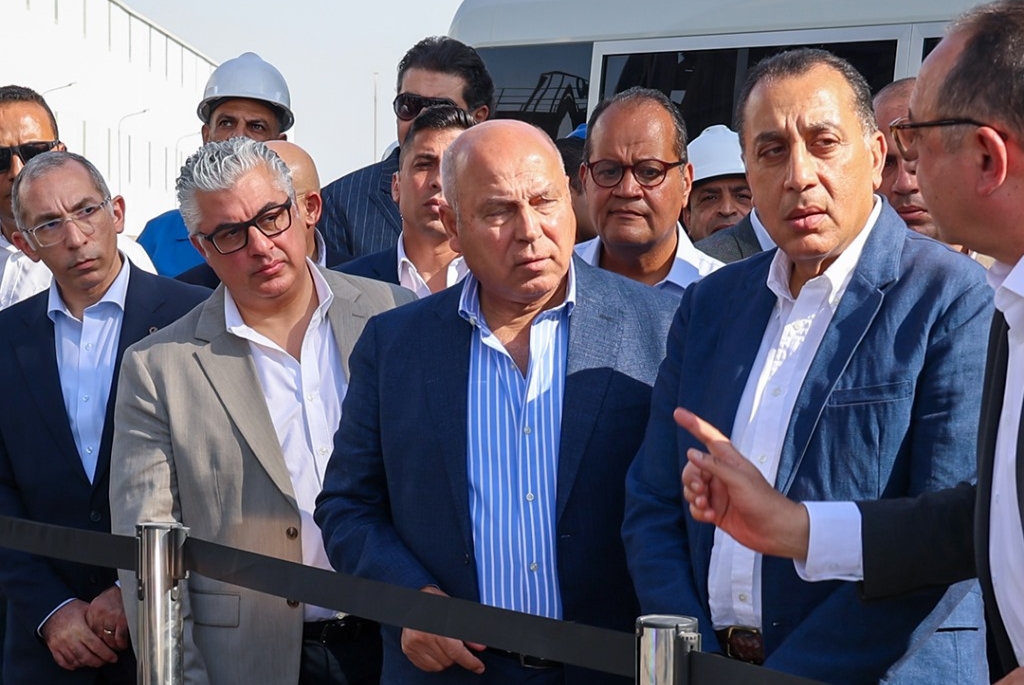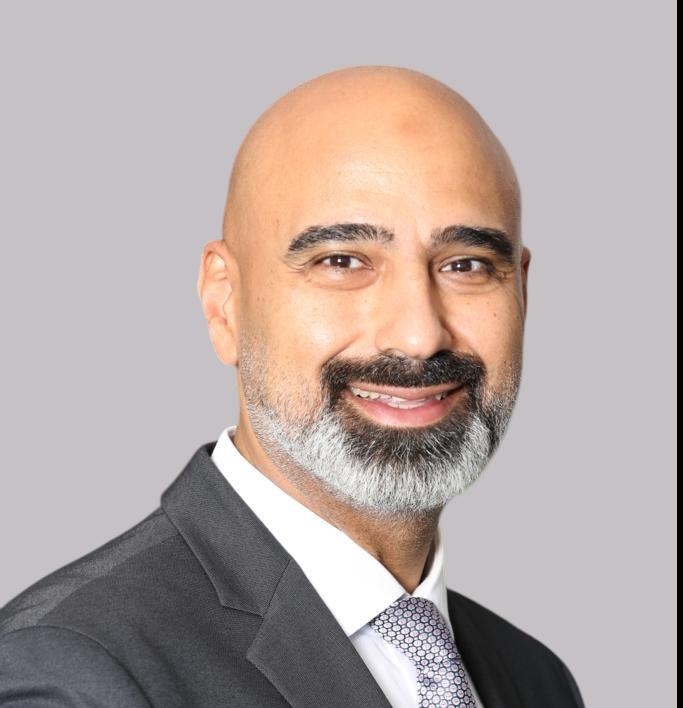Dubai – Masaader News
The World Bank announced today a new project aimed at restoring basic services in some of the Yemen’s cities hardest hit by the ongoing conflict.
Funded by a US$150 million grant from IDA, the World Bank’s fund for the world’s poorest countries, the new project will target issues like uncollected trash and untreated sewage water, both of which are contributing directly to the current cholera epidemic.
In addition, the project will address the urgent needs for road repair to improve mobility, and access to electricity for critical services.
The Yemen Integrated Urban Services Emergency Project will include 19 cities from across the country: Aden, Al-Dhale’e, Al-Hodeida, Al-Mukalla, Amran, Bajil, Bayhan, Bayt Al-Faqih, Dhamar, Ibb, Lahj, Rida, Saadah, Sana’a, Say’oun, Shihr, Taiz, Yarim, and Zinjibar. The project aims to support 1.4 million Yemeni, around half of them women.
The United Nations Office for Project Services (UNOPS) will implement the project in partnership with three long-standing Yemeni entities that have continued working despite the conflict: The Public Works Project, the Road Maintenance Fund, and the Urban Water Project Management Unit. The partnership with these entities will help preserve and strengthen local service delivery capacities.
“Through our ongoing needs assessments, we have seen the extent of the impact of the conflict on Yemen’s cities, and the consequences for millions of Yemenis living there,” said Dr. Asad Alam, World Bank Group Country Director for Yemen, Egypt, and Djibouti.
“As a range of services and infrastructure have been affected, this project is designed to restore services simultaneously across several sectors to provide coherent support to the affected population. Our aim is to help Yemenis, and their local institutions, to cope with the conflict and preserve hope for a better tomorrow.”
Working across sectors, the project aims to provide 600,000 Yemenis with access to rehabilitated water and sanitation services, rehabilitate 400 kilometers of urban roads, restore 60,000 megawatt hours of energy generation, and create 1.5 million days of skilled and non-skilled employment.
Decisions on the most pressing needs to be addressed by the project will be made at the community level. Citizens, especially women, will have voice in identifying priority subprojects. In addition, the project would promote transparency by publicly sharing all critical information on project progress.
“The project will not only help restore critical urban services,” said Tahir Akbar, World Bank Senior Disaster Risk Management Specialist and Task Team Leader of the project, “but also strengthen local businesses and generate economic opportunities, as most of the project activities will be implemented through local contractors and suppliers.”
With this new financing, IDA emergency grants to Yemen issued since July 2016 have totaled US$1.133 billion. These projects have been prepared – and are being implemented – in partnership with Yemeni institutions and UN organizations such as the United Nations Development Program, the United Nations Children’s Fund, the World Health Organization, the United Nations Food and Agriculture Organization, and the United Nations Office for Project Services.
Focus Keywords
#Dubai Masaader News #Projects Masaader News #Yemen #World Bank Masaader News #Utilities Masaader News #Political Masaader News











